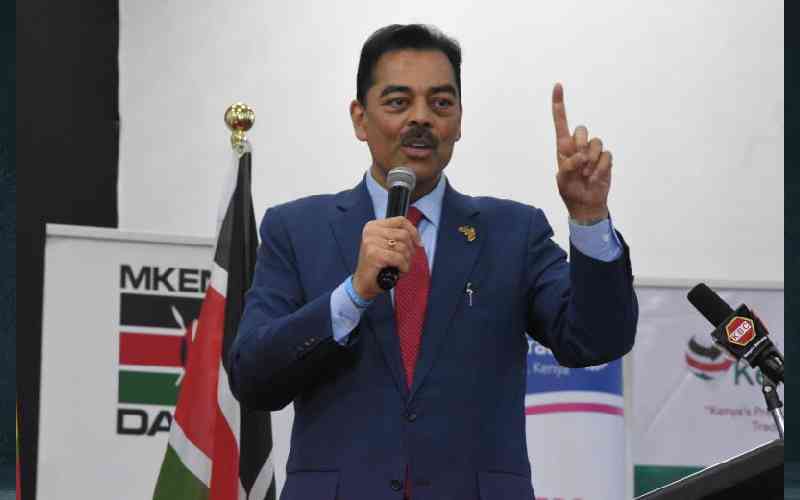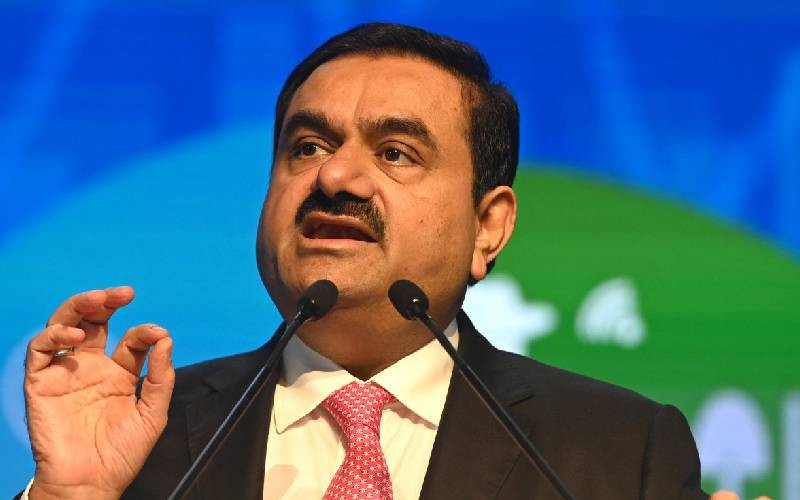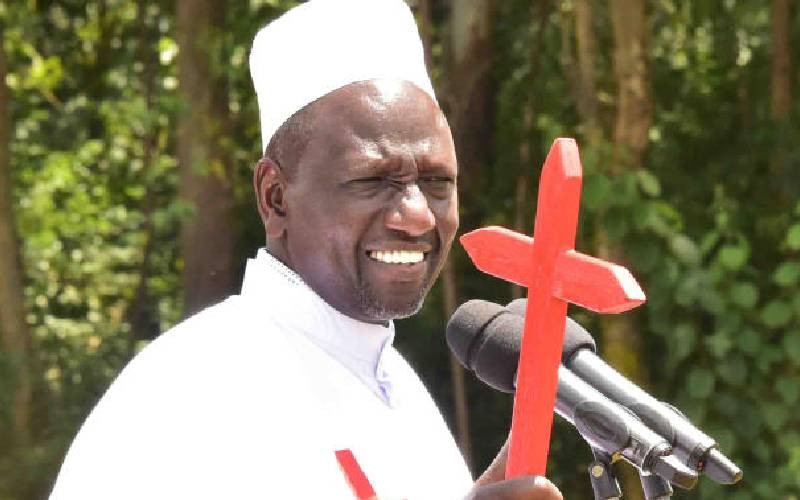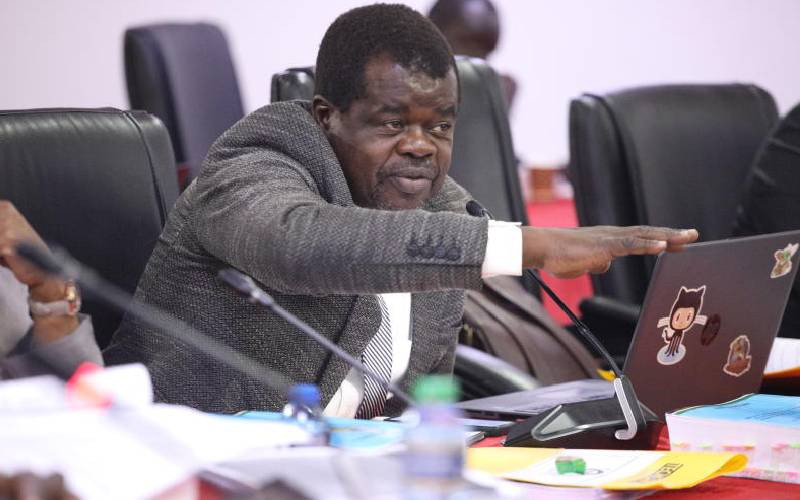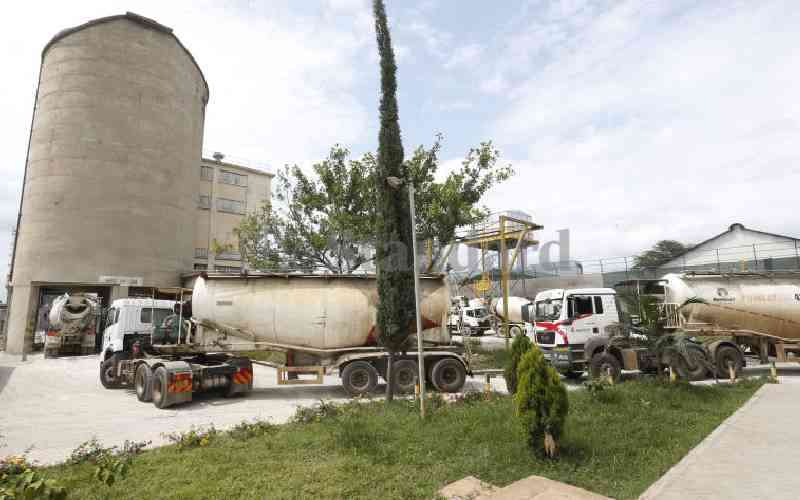By James Anyanzwa
Kenya: The World Bank has raised the alarm over Kenya’s high cost of doing business, saying the country risks being shunned by investors.
The Bank’s Lead Private Sector Development Specialist in charge of East and Southern Africa, Ganesh Rasagam, said Kenya’s foreign direct investment (FDI) as a proportion of the gross domestic product (GDP) is staggering at a paltry one per cent.
Mr Rasagam also noted that the country’s share of global exports stands at 0.02 per cent while the manufacturing sector’s share of FDIs has been declining over time. This has seen Kenya’s current account deficit deteriorate to 10 per cent of the GDP.
“Manufacturing growth is trailing growth in other sectors and productivity is stagnant. Kenya’s FDI is lagging behind vis-à-vis its neighbours’, even when adjusted for natural resources,” Rasagam said.
He was speaking during an event to mark the 2013 Industrialisation Day in Nairobi. Rasagam said exports are not competitive globally and are losing market share in the East African Community (EAC), their alleged stronghold. He said there is low penetration of modern technologies, poor technical capacity and low utilisation of productive facilities at the firm level.
He noted that setting up and running a business in Kenya is very difficult. Kenya’s Doing Business ranking has deteriorated from an already low position, and devolution is further complicating the situation.
High import tariffs
He said more than 50 per cent of Kenyan firms today are exporting in the region but face competition from imports from China and India. He said accessing external markets is costly and difficult because infrastructure is lacking – poor roads, ports, electricity and logistics.
Other constraints to business, he added, include cost of capital, mismatch in available skills, high cost of combating crime and cost of inputs due to limited market competition and high import tariffs.
The National Treasury has singled out infrastructure as the top-most constraint to growth and doing business in Kenya, with transport being the main bottleneck affecting most businesses.
Over the past eight years, the five members of the EAC – Kenya, Rwanda, Burundi, Tanzania and Uganda – have continued to take steps to make it easier for local firms to start up and operate.
Continued improvement of the business environment is important for countries seeking to benefit from greater trade and investment through regional integration. The common market protocol, which entered into force in July 2010, is supposed to be fully implemented by December 2015.
By that time, the EAC is expected to have achieved the four freedoms – free movement of people, goods, services and capital within the common market. However, Rwanda is still the best performing country in the region as well as third easiest place to do business in Sub-Saharan Africa, after Mauritius and South Africa.
Compared to her neighbours, Rwanda still leads her partner states, with Uganda coming second, Kenya third, Tanzania fourth and Burundi fifth.
Stay informed. Subscribe to our newsletter
 The Standard Group Plc is a
multi-media organization with investments in media platforms spanning newspaper
print operations, television, radio broadcasting, digital and online services. The
Standard Group is recognized as a leading multi-media house in Kenya with a key
influence in matters of national and international interest.
The Standard Group Plc is a
multi-media organization with investments in media platforms spanning newspaper
print operations, television, radio broadcasting, digital and online services. The
Standard Group is recognized as a leading multi-media house in Kenya with a key
influence in matters of national and international interest.
 The Standard Group Plc is a
multi-media organization with investments in media platforms spanning newspaper
print operations, television, radio broadcasting, digital and online services. The
Standard Group is recognized as a leading multi-media house in Kenya with a key
influence in matters of national and international interest.
The Standard Group Plc is a
multi-media organization with investments in media platforms spanning newspaper
print operations, television, radio broadcasting, digital and online services. The
Standard Group is recognized as a leading multi-media house in Kenya with a key
influence in matters of national and international interest.


